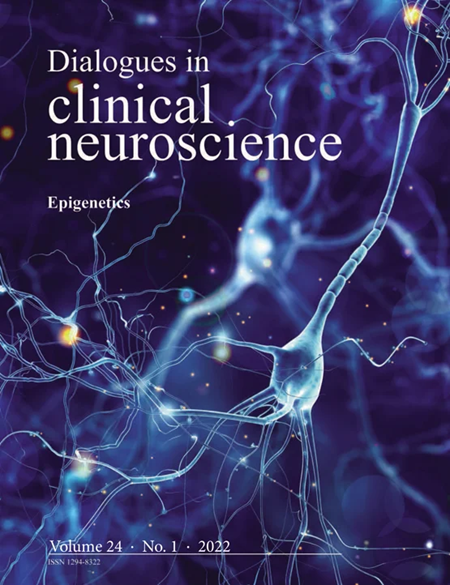精神病的元认知和认知行为干预:新进展
IF 8.3
2区 医学
Q1 Medicine
引用次数: 44
摘要
这篇综述描述了四种治疗精神分裂症的认知方法:精神病认知行为疗法(CBTp)、元认知疗法、元认知训练和元认知反思-洞察力疗法(MERIT)。我们综述的一个中心参考点是James Flavell的一篇开创性论文,他引入了元认知(“关于认知的认知”)一词。在某种程度上,当治疗师与客户反思他们的想法时,每一种心理治疗方法都采用元认知视角。然而,这四种方法映射到元认知的不同组成部分。CBTp传达了一些“元认知知识”(例如,思想不是事实),但主要与个人信仰有关。元认知疗法侧重于对思维方式的无益元认知信念(如思维抑制)。元认知训练给患者的认知带来扭曲的认知偏差;一个中心目标是减少过度自信。MERIT关注更大的身份感,并强调关于自己和他人的元认知知识。对于CBTp和元认知训练,元分析证据支持其功效;单项研究证明了MERIT和元认知疗法的有效性。本文章由计算机程序翻译,如有差异,请以英文原文为准。
Metacognitive and cognitive-behavioral interventions for psychosis: new developments
This review describes four cognitive approaches for the treatment of schizophrenia: cognitive-behavioral therapy for psychosis (CBTp), metacognitive therapy, metacognitive training, and metacognitive reflection insight therapy (MERIT). A central reference point of our review is a seminal paper by James Flavell, who introduced the term metacognition (“cognition about cognition”). In a way, every psychotherapeutic approach adopts a metacognitive perspective when therapists reflect with clients about their thoughts. Yet, the four approaches map onto different components of metacognition. CBTp conveys some “metacognitive knowledge” (eg, thoughts are not facts) but is mainly concerned with individual beliefs. Metacognitive therapy focuses on unhelpful metacognitive beliefs about thinking styles (eg, thought suppression). Metacognitive training brings distorted cognitive biases to the awareness of patients; a central goal is the reduction of overconfidence. MERIT focuses on larger senses of identity and highlights metacognitive knowledge about oneself and other persons. For CBTp and metacognitive training, meta-analytic evidence supports their efficacy; single studies speak for the effectiveness of MERIT and metacognitive therapy.
求助全文
通过发布文献求助,成功后即可免费获取论文全文。
去求助
来源期刊

Dialogues in Clinical Neuroscience
Medicine-Psychiatry and Mental Health
CiteScore
19.30
自引率
1.20%
发文量
1
期刊介绍:
Dialogues in Clinical Neuroscience (DCNS) endeavors to bridge the gap between clinical neuropsychiatry and the neurosciences by offering state-of-the-art information and original insights into pertinent clinical, biological, and therapeutic aspects. As an open access journal, DCNS ensures accessibility to its content for all interested parties. Each issue is curated to include expert reviews, original articles, and brief reports, carefully selected to offer a comprehensive understanding of the evolving landscape in clinical neuroscience. Join us in advancing knowledge and fostering dialogue in this dynamic field.
 求助内容:
求助内容: 应助结果提醒方式:
应助结果提醒方式:


